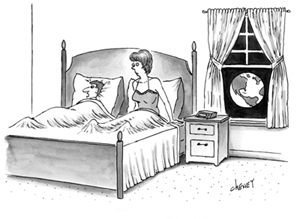
You loved every single part of your home and could find no flaw in it when you signed the contract to buy it. But now you find yourself staying up at night wondering if you made the right decision. There are lots of questions and what-if scenarios running through your head. Most of these questions might be simple to answer, but the deep-seated doubts make you unsure if you want to proceed with the purchase or not. Unless there’s a concrete reason for you to feel this way, what you are going through is a case of Buyer’s Remorse.
Buyer’s remorse usually kicks in when we talk to someone about the purchase. Although your friends and family mean well, their questions about your choice could lead you to doubts, particularly if they’ve been buying real estate for years and this is only your first purchase. But chances are, they don’t know the market as well as you do. It might have been a long time since they last bought anything, or they live in another part of the country. If that’s the case, they’re probably not in touch with today’s prices or the market of the area you want to live in.
Looking at other houses will also stir buyer’s remorse. Stop shopping unless you think that there’s a good chance the contract might fall apart.
If your agent doesn’t guide you through the closing process, that’s probably why you have so many unanswered questions and doubts. Your agent has to be there to assure you that what you’re feeling is normal and to provide answers or advice. Don’t be afraid to ask your agent if you have any questions during closing, no matter how silly the question may sound.
Finally, your own doubts could be the source of your buyer’s remorse. People tend to think about the uncertainties when they make important commitments and dwell on what-if’s. Look at the positives and trust your rational judgment instead of entertaining negative thoughts.
Remember though that your concerns are valid if you cannot get financing, the home inspector uncovers more defects than you can repair, the house does not appraise at a price equal to or more than the contract sales price, the seller does not respect the property boundary lines, or there are problems with the deed. In these instances, your contract should allow you to back out of the sale with no penalties.